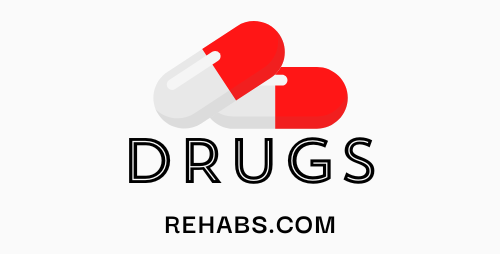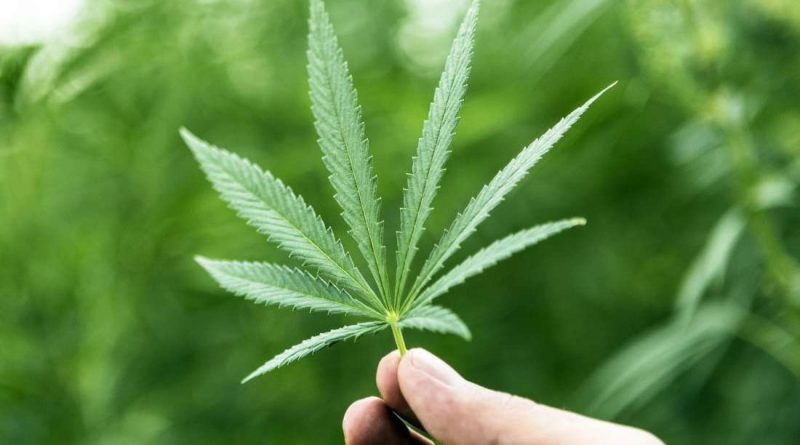Getting Help For Cannabis Abuse Treatment
Getting help for cannabis abuse treatment is important because it can affect your life and those around you. It’s a tough journey, but you can achieve freedom from addiction. The sooner you enter a rehab program, the more likely you are to succeed.

A good treatment program will include psychotherapy, medical detox, and aftercare programs. These programs are designed to address both the physical and psychological effects of cannabis addiction. Behavioral therapy, such as Cognitive Behavioural Therapy, helps you change your negative thought processes and develop better coping skills. This therapy can also help you understand the causes of your addiction and the reasons for relapse. It can also help you set healthy boundaries and stay persistent.
The most effective cannabis abuse treatment programs will incorporate a dual diagnosis component. This means that your cannabis addiction treatment will also include a treatment for an unrelated disorder. Some individuals with cannabis abuse problems have comorbid disorders, such as anxiety or depression. If you have these, a combination of pharmacotherapy and behavioral therapy may be the best option.
You may also want to consider treatment that includes Cognitive Behavioural Therapy, which can help you understand your motivation for using drugs. Cognitive Behavioural Therapy can also help you identify and modify negative thought patterns, which can lead to relapse.
A drug detox is the first step to recovery from cannabis addiction. The detox process cleans your body of toxins and helps your brain learn to function without drugs. Detox is usually carried out in a medical facility, though you can also choose to do it at home. You should always have a registered professional with you, so be sure to consult with one before beginning this process.
The duration of your addiction will affect the length of your treatment. Individuals with mild or moderate addictions may be able to go to a short-term residential treatment program. Individuals with more severe or long-term addictions will need to undergo medically supervised detox.
During treatment, you should also consider participating in a support group. This will give you a chance to socialize with other recovering cannabis addicts, and it can provide you with motivation to keep on going. It may also help you to receive unbiased information about marijuana addiction and withdrawal symptoms.
If you have friends or family members who are using cannabis, you may want to help them seek treatment. You can help them find a treatment center that offers cannabis abuse treatment. You can also speak to your loved ones about the dangers of marijuana abuse and the symptoms that may occur when you try to stop using.
If you decide to quit, you may experience some anxiety and depression. However, these symptoms will subside after a few weeks. You may also experience mood swings, sleep disorders, and aggression. If you’re thinking about stopping marijuana use for good, it’s important to seek treatment as soon as possible.
Cannabis addiction treatment programs are available through both the government and private sectors. You can get help from a government treatment center, or you can seek treatment in a mental health facility or emergency room.

